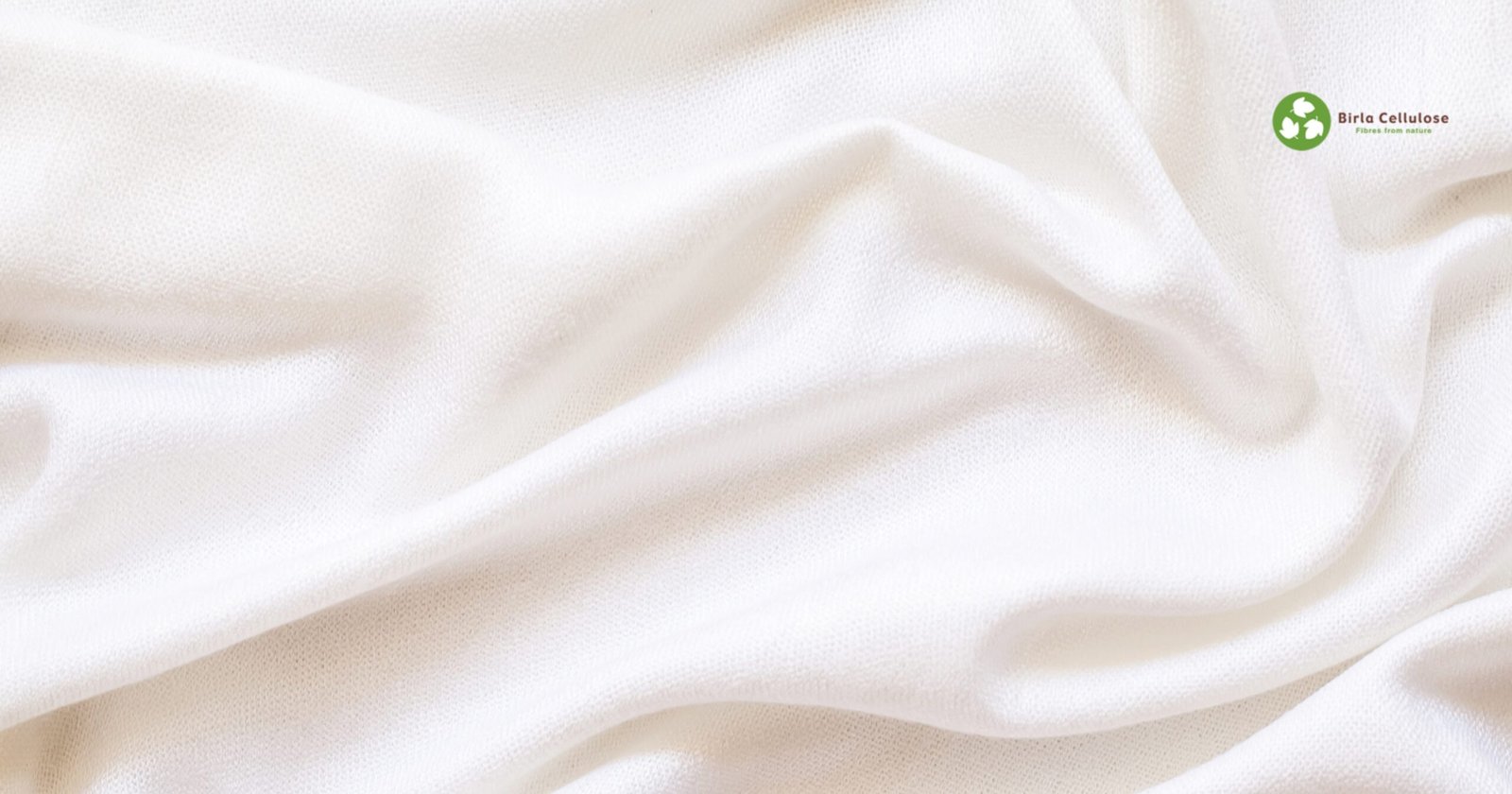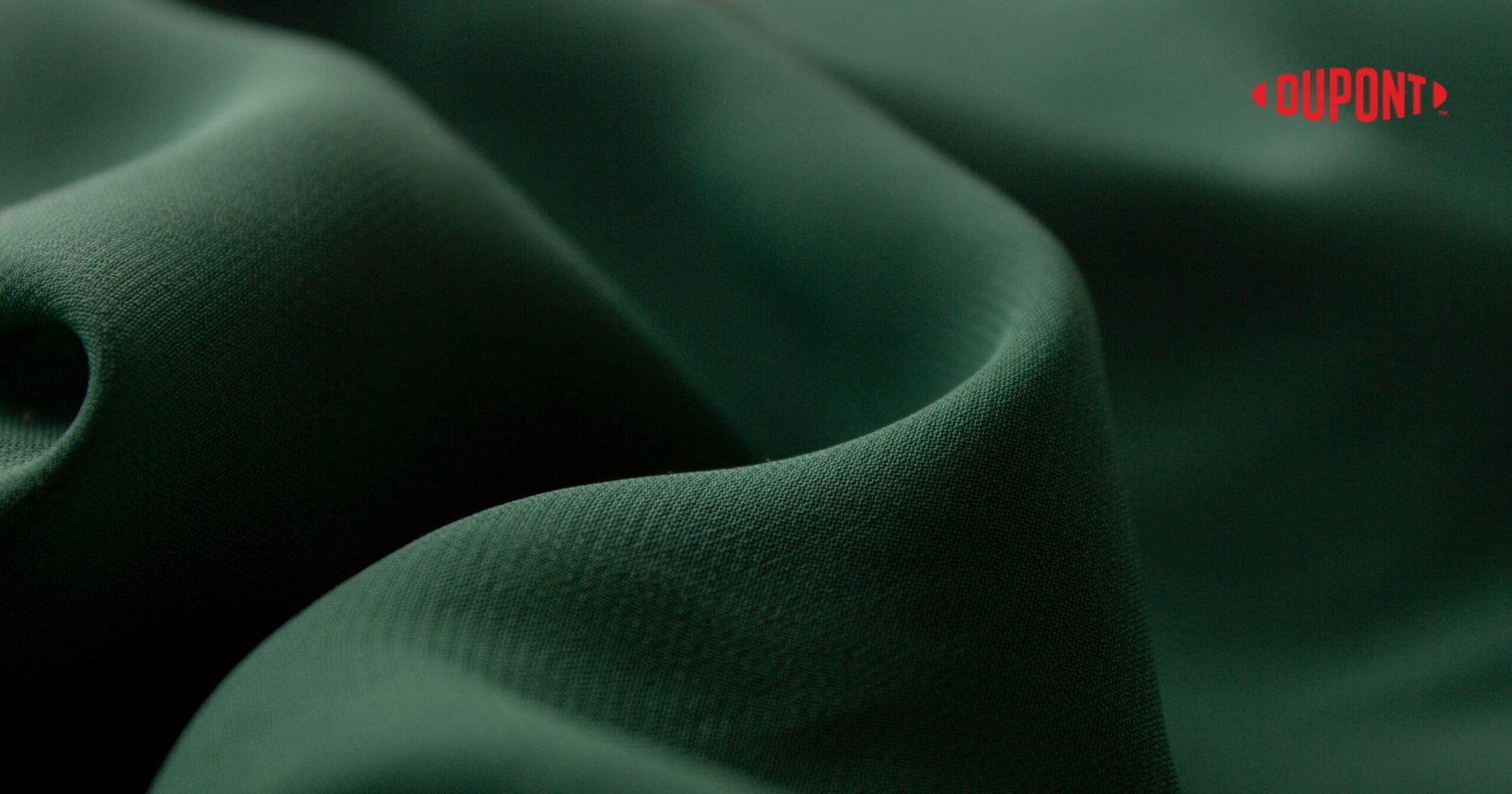What is fibre?
The thin long thread of material is called fiber, it can be woven or knit into fabric.
Types of fiber:
Typically fibers can be natural or synthetic, with detailed bifurcation into types as – Natural Fiber (Plant based such as Cotton, Jute, Linen etc. Animal based such as Silk, Wool etc. Mineral based products such as Glass, Ceramic, Asbestos etc.), Synthetic Fiber (Acrylic Fiber, Nylon Fiber, Polyester Fiber, Aramid Fiber etc.) Cellulosic Fiber (Rayon, Acetate etc.). Fibers are not only used in the textiles industry but also in Automotive, Building & Construction, Healthcare, Aerospace & Defense, Energy and Power, Oil & Gas etc.
Global fiber market size:
Textiles Fiber Market Size is forecast to reach US$61,056.90 Million by 2030, at a CAGR of 4.50% during forecast period 2024-2030.
LYCRA fiber:

Since 1958, LYCRA brand has been defining comfort and fit in apparel, it is the original spandex/elastane fiber. Since it was invented 65 years ago, LYCRA fibre was the first spandex fiber ever created and has been leading the category, only The LYCRA Company produces authentic LYCRA brand spandex fibers. LYCRA® fiber is the trademarked brand name of a class of synthetic elastic fibers known as spandex in the US and elastane in the rest of the world (Spandex and elastane are generic terms that mean the same thing). Fabrics mixed with LYCRA fibre while used in garments, provides better fitting, adds premium stretch and recovery, more durable and comfortable that lasts long – no matter how you move.
The LYCRA Company owns seven brands, the fiber is used in all kinds of garments such as hosiery, lingerie, shapewear, shirts, socks, swimwear, jeans, underwear, sports & active wear and so on. Company has 4 R&D labs, 7 manufacturing plants and 17 offices around the world.
Birla Cellulose fibers:

Birla Cellulose is a world leader in Viscose Staple Fibre (VSF), their product portfolio includes Livaeco™, Birla Modal™, Birla Excel™ , Birla Viscose™ and Birla Spunshades™. Birla Cellulose fibres are of natural origin, moisture absorbent, have soft feel, and are completely biodegradable. Birla Cellulose’s fibers are easy to blend and extremely versatile, widely used in apparels, home textiles and non-woven applications. In 2015, the company launched LIVA derived from natural cellulosic fibers, made from natural wood from trees such as birch, eucalyptus, pine & spruce. Viscose is lustrous like silk, and simultaneously has the softness and drape quality of cotton, it is also light and breathable, making it ideal for warmer climates, Viscose fibers in LIVA Fabric exemplify sustainability in the textile industry. Over 70 million garments across 100 major brands feature the LIVA tag, the company operates 5 fiber plants, 1 Pulp plant and 1 Lyocell plant in India.
Lenzing fibers:

Established in 1890 in Austria, Lenzing today is an international company with nine production sites and nine sales offices in ten plus countries. Lenzing fiber is wood based, wood is the foundation of all Lenzing products. Wood pulp from the forest is transformed into biobased LENZING™ Lyocell and Modal fibers which are used in a diverse range of industrial applications and consumer products, so, LENZING™ Lyocell and Modal cellulosic fibers of botanic origin through environmentally responsible processes from the sustainably sourced natural raw material wood. Lenzing fibers are used in fashion, sports and outdoor wear, home textiles, cosmetic and hygiene products, protection wear and so on.
TENCEL™ is Lenzing’s flagship brand for textiles, versatile and available in qualities such as super-smooth to extra-strong, Lenzing offers three sustainable solutions under the premium brand name TENCEL™: TENCEL™ Lyocell, TENCEL™ Modal and TENCEL™ Lyocell Filament.
Reliance Polyester Staple Fibre:

With the current capacity of 2.5 million tonnes per annum at state-of-art manufacturing plants located in various parts in India, Reliance is the largest producer of polyester fibres and yarns in the world. Reliance offers a complete range of staple fibres and two specially designed for Woven, Knitted and Non-woven. Recron® is the flagship brand of Reliance Polyester, stands for highest quality, great value to customers and desired functional requirements to satisfy the ultimate customers, be it apparel, home, industrial or technical textiles. Other products are Recron® Fibrefill, Recron® 3S – Fibres for Reinforcement, Recron® Certified and so on.
DuPont:

Dupont™ Sorona® is an eco-efficient performance fiber made from 37% of the polymer using annually renewable plant-based ingredients. It is used primarily in fiber applications, including textiles for apparel, home, interiors, carpeting and mats. Sorona® fibers used in fabrics in various apparels provide softness, volume, quick dry, resist fading for long-lasting, vibrant colors.
Sorona® fiber is a comfort stretch knitwear and woven material with soft, flexible, and stain resistant properties.
Conclusion:
Apart from the listed above, there are other top versatile fiber brands/companies as well, such as Indorama, Teijin, Toray, Hyosung, Asahi Kasei, Spinnova and so on, the list of top global fiber manufacturers can be added with more names. There is constant innovations and development happening in the global fibre industry, hence new brands and companies will emerge with new fibers with unique features.
